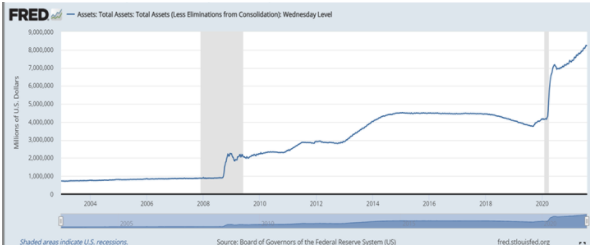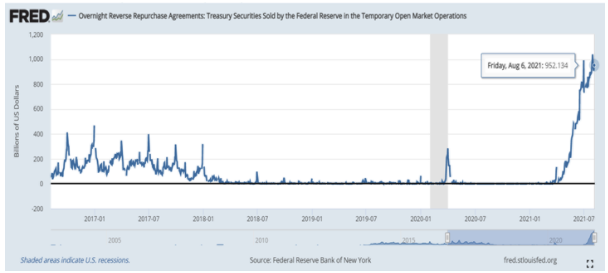We all have heard the parallels between the Covid-19 crisis and war. Close to eighteen months after we started being concerned about the possibility of the pandemic, Cicero’s words that “endless money forms the sinews of war” come to mind. War and wasteland go together. At the same time, the news is filled with stories of people running away from lands wasted by fires. We are also watching the uncertainty that is engulfing the failed state of Lebanon, observe with a heartbreak the devolution that is taking place in South Africa, and we are contemplating the consequences of a world in crisis where close to 51% of the population in developed nations is fully vaccinated, while the equivalent percentage in less developed nations is below one percent and hunger harvests a wasted land.
T.S. Eliot’s The Waste Land could easily be considered one of the most important pieces in modern literature. The poem is a tour de force in the museum called human misjudgment. Its correlation to modern statecraft is astonishing. Are we looking for the causes of disillusionment in Lebanon? Are we looking for the vision of desolation in Afghanistan? Where are the certainties that we believe were holding the world together?
“And the dead tree gives no shelter, the cricket no relief, And the dry stone no sound of water…I will show you fear in a handful of dust.”
Has history stopped unfolding in a linear progressive manner? Does cultural, economic, and social fragmentation represent the ashes of a wildfire that undermined the ethos of a paideia that was supposed to liberate our minds rather than enslave us into a pathos of embracing our insecurities? What would our ghost towns tell the world about our darkest hours?
T.S. Eliot’s depiction of London’s financial district as an “unreal city” evokes memories of Dante’s Inferno. As I am looking for a regressor in the equation called endless money, I could not find a better one than Eliot’s poem The Waste Land. In my humble opinion the poem represents the best possible explanation of the modern monetarist policy of endless money, as clearly depicted by the figures below, for the US and the EU.


It seems that in the Day After – the Day After being the period following the Great Financial Crisis as well as the period of the pandemic – the central banks of both the western world and Asian economies are all pursuing a policy of endless money as a prescription for revitalizing the waste land. References to rebirth and resurrection abound in T.S. Eliot’s poem. However, in Eliot’s case the people are seeking solutions by reaching back to philosophies that shaped their destinies. Why are our central banks implementing unconventional solutions of endless money? Are they seeing a waste land, “A Game of Chess” as described in Eliot’s poem?
“I think we are in rats’ alley Where the dead men lost their bones.”
Over the course of the last few years, I have written about the cancer of rehypothecation (see for example here and here). In a nutshell, rehypothecation means that we live in an era of collateral delusion. We believe that there is more good collateral than the amount that actually exists in the market. This is happening because the same collateral is hypothecated a few times. The result is that from time to time a financial institution is in danger of running out of cash, and consequently it is desperately seeking cash that others refuse to put up even under the assumption of good collateral (such as Treasuries), because they question if that collateral actually exists. The result? The interest rate on Repos skyrockets. When was the last time we witnessed that? In September 2019, the rate reached almost 10%.

Why would banks refuse to lend and make good returns, by earning free money through lending cash and taking Treasuries as collateral (an astonishing 8% return given that Treasuries paid 2% at the time)?
Could it be that they are afraid of a waste land where they could get burned by participating in Eliot’s chess game? And how could we avoid from this happening again? Welcome to the land of endless money and enjoy the Fed’s repo operations in 2021.

As I was writing this commentary, I played in the background a few times Bob Weir’s song “Darkest Hour”. I hope you will enjoy it as much as I did:https://www.youtube.com/watch?v=6YXb9YAl1IQ
